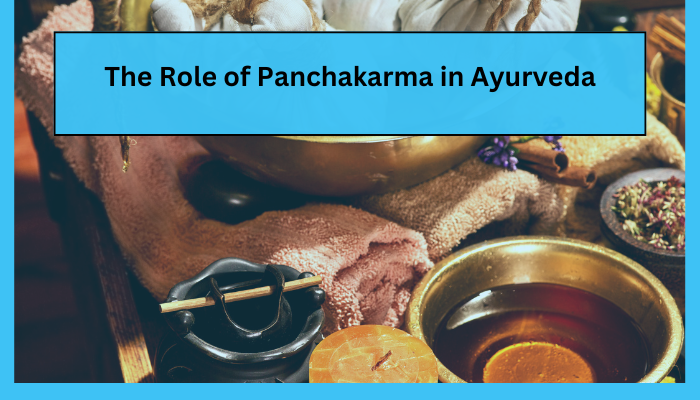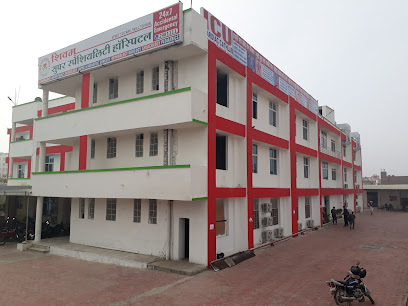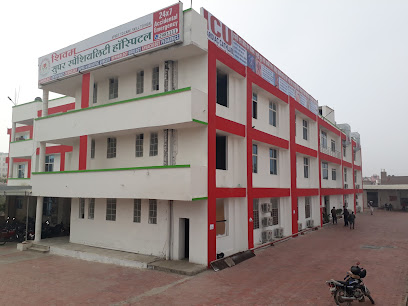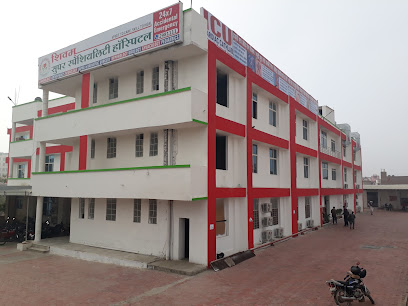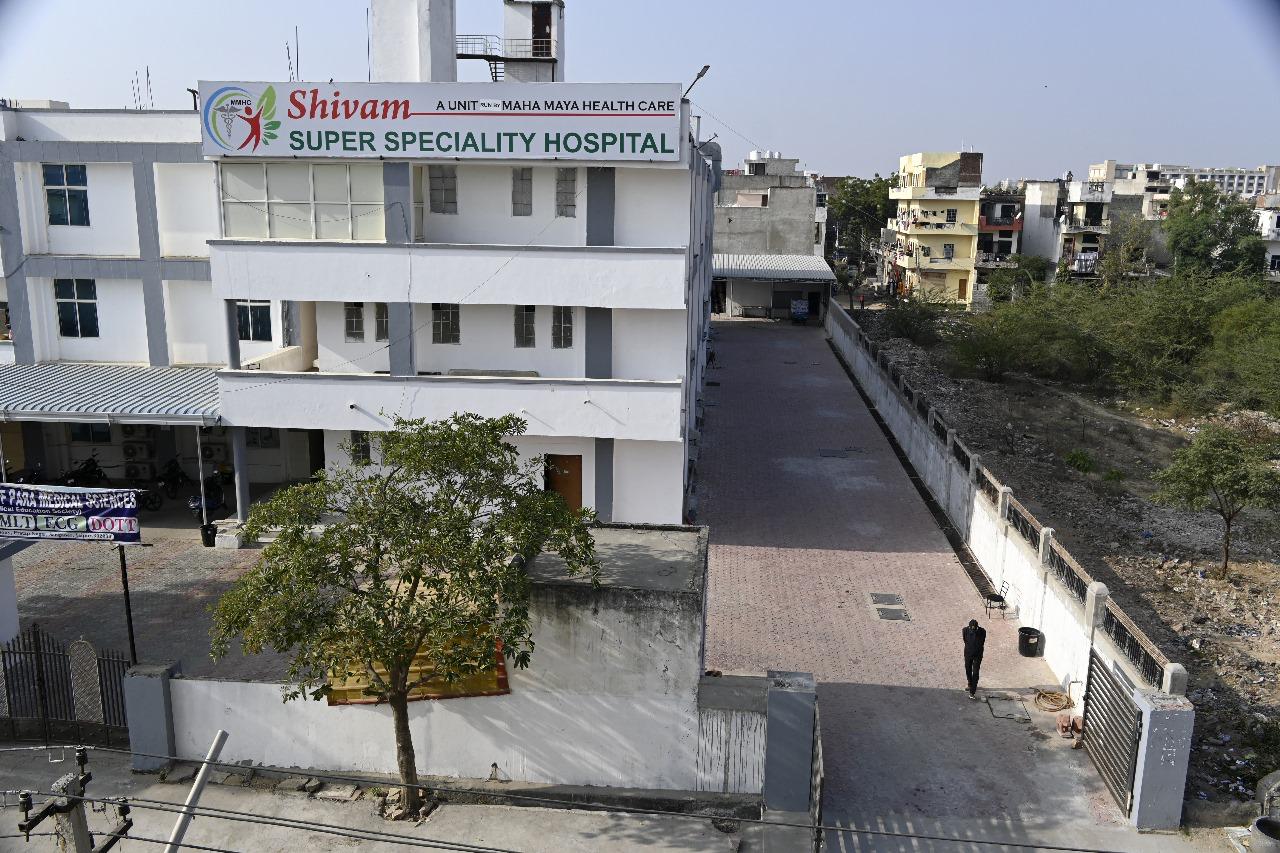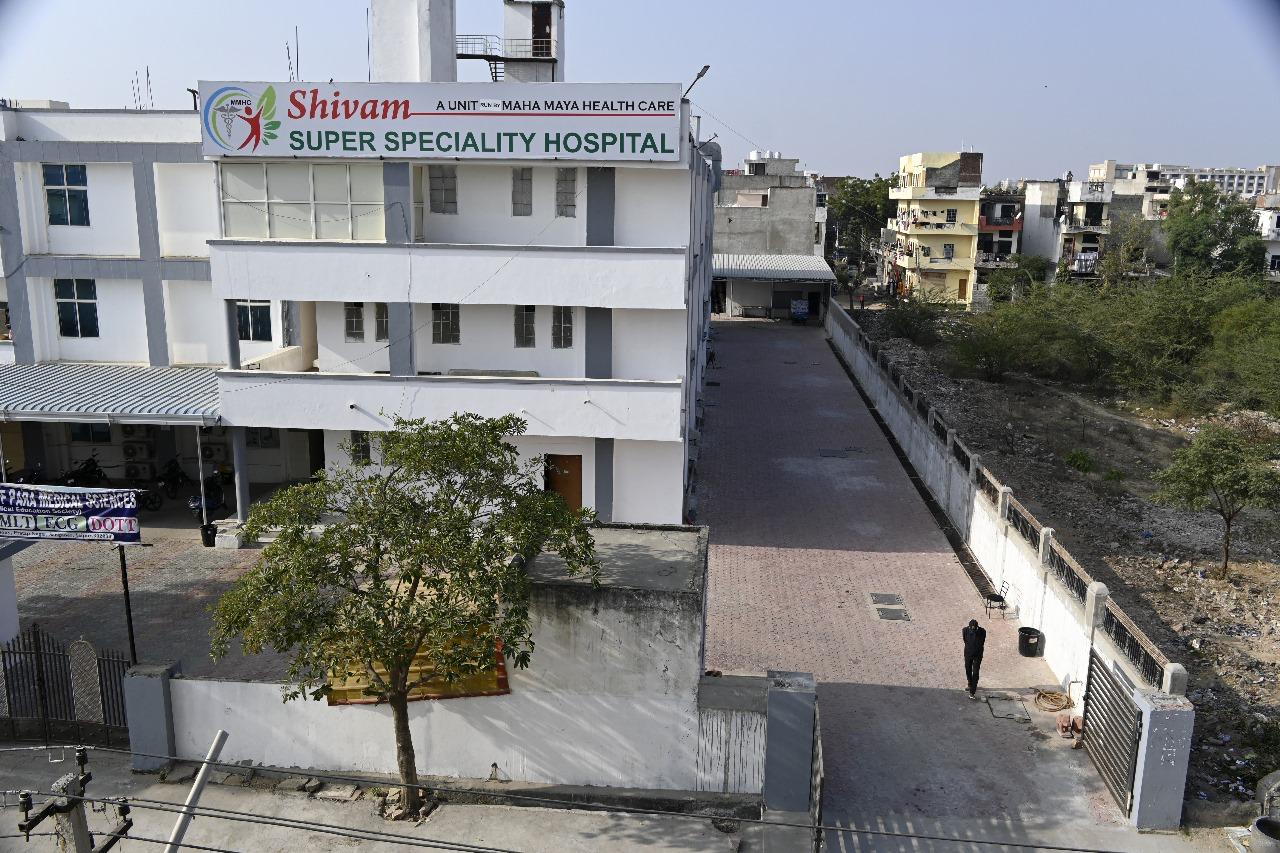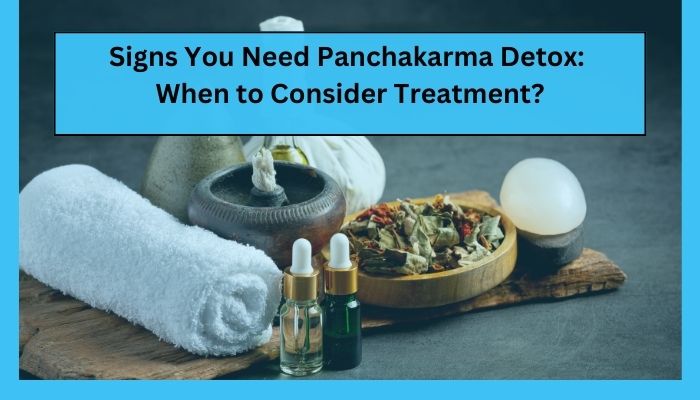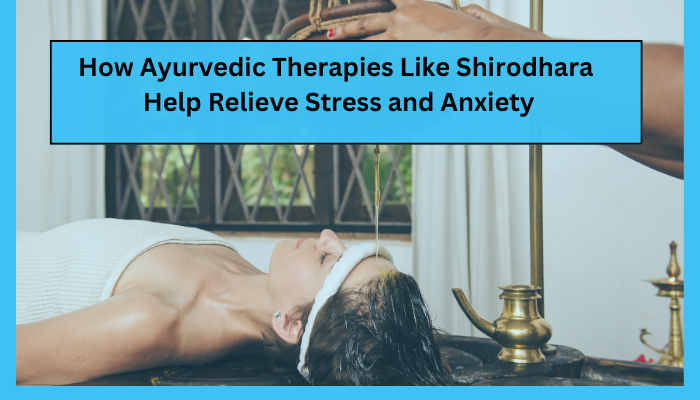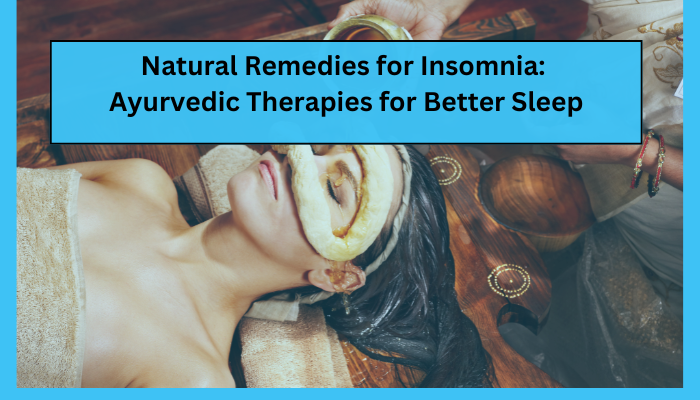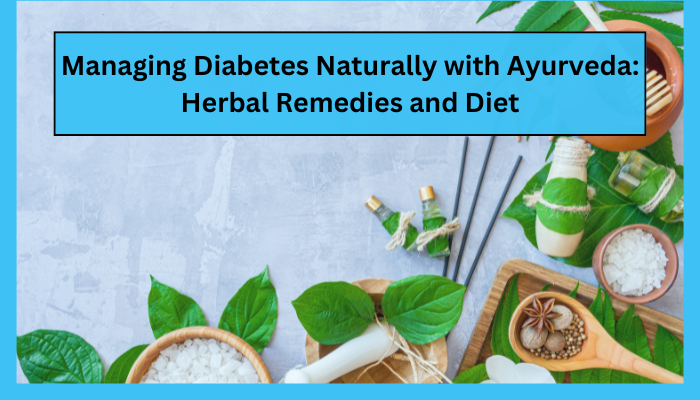The Role of Panchakarma in Ayurveda
Panchakarma is a core Ayurvedic therapy focused on detoxifying the body, balancing the doshas (Vata, Pitta, Kapha), and enhancing overall health. This five-step process cleanses deep tissues and organs, boosts digestion and supports mental clarity.
Panchakarma promotes longevity, resilience, and disease prevention by removing toxins and revitalising body tissues. It addresses preventive and curative needs, making it beneficial for managing chronic ailments, reducing stress, and fostering holistic wellness under the guidance of Ayurvedic practitioners.
Shivam Superspeciality Hospital is renowned for its expertise in Ayurvedic treatments in Jaipur, including Panchakarma therapies. With specialised facilities and trained Ayurvedic experts, it is your go-to place for Ayurvedic therapies and treatments.
Integrating Panchakarma with Ayurvedic Principles
In Ayurveda, Panchakarma is more than a detox treatment—it’s a foundational approach to health. Panchakarma aligns with Ayurveda’s core principles by purifying the body, balancing the doshas, and strengthening agni (digestive fire), which is key to overall health and immunity. According to Ayurvedic teachings, an imbalanced agni and toxins in the body disrupt harmony, leading to illness.
The five therapies of Panchakarma—Vamana (therapeutic vomiting), Virechana (purgation), Basti (enema), Nasya (nasal cleansing), and Raktamokshana (blood purification)—address specific doshic imbalances. These therapies focus on clearing each dosha’s related pathways to restore equilibrium in the body.
Detailed Roles of Panchakarma Therapies in Ayurveda
Each Panchakarma therapy targets a specific dosha and treats particular health issues by removing toxins and restoring balance:
- Vamana (Therapeutic Vomiting): Vamana is designed to expel excess Kapha from the stomach and respiratory tract. It’s used for conditions like asthma, bronchitis, and frequent colds. By deeply purging the digestive and respiratory systems, it clears mucus and improves breathing.
- Virechana (Purgation Therapy): Virechana focuses on Pitta by using herbal laxatives to cleanse the liver and intestines. It’s effective for chronic acidity, skin inflammation, and digestive problems. Virechana reduces excess heat and toxins in the Pitta areas by cooling the body and purifying the blood.
- Basti (Enema Therapy): Basti addresses Vata imbalances by introducing medicated oils or herbal solutions into the colon. It’s highly beneficial for joint pain, arthritis, nerve issues, and constipation. This therapy lubricates and nourishes the intestines and joints, restoring Vata balance and relieving dryness and stiffness.
- Nasya (Nasal Cleansing): Nasya involves administering herbal oils through the nostrils to eliminate toxins from the head. It’s used for sinusitis, migraines, and allergies. Directly addressing toxins in the head region, it helps clear the nasal passages and improve mental clarity.
- Raktamokshana (Bloodletting): Raktamokshana purifies the blood and treats conditions like acne, eczema, and skin infections. By removing impure blood, this therapy reduces inflammation and treats blood disorders, promoting clearer skin and reducing symptoms of toxicity.
These therapies provide targeted detoxification, enhance the body’s natural functions, and relieve specific symptoms associated with dosha imbalances.
Panchakarma’s Role in Preventative Healthcare
Panchakarma focuses on removing toxins (Ama) from the body and maintaining doshic balance (Vata, Pitta, and Kapha) to keep the body resilient and prevent disease onset. Here’s how Panchakarma acts as a preventive tool:
- Toxin Elimination
Panchakarma reduces the risk of lifestyle-related diseases and metabolic disorders by regularly eliminating accumulated toxins. By cleansing the digestive and circulatory systems, it helps prevent conditions like diabetes, obesity, and high blood pressure.
- Strengthening Immunity
Panchakarma therapies improve immune response by detoxifying and revitalising body tissues. A clean, balanced system is better equipped to fight infections and resist seasonal illnesses, supporting long-term health.
- Enhancing Agni (Digestive Fire)
A strong digestive fire is key to good health in Ayurveda. Panchakarma strengthens Agni, ensuring efficient digestion and nutrient absorption while preventing toxin buildup, which can lead to disease.
- Mental and Emotional Balance
Stress is a major factor in modern health issues. Panchakarma therapies like Shirodhara and Nasya help release mental tension, fostering emotional balance and clarity and reducing the risk of stress-related ailments.
- Promoting Cellular Rejuvenation
By rejuvenating body tissues, Panchakarma slows premature ageing, enhances vitality, and promotes cellular health, making the body resilient against illnesses and degeneration.
Through regular Panchakarma, one can maintain a balanced, disease-resistant state and promote long-term health.
Panchakarma’s Role in the Treatment of Chronic Diseases
Panchakarma plays a transformative role in managing chronic diseases by detoxifying the body, balancing the doshas (Vata, Pitta, and Kapha), and restoring bodily functions. Its five-step therapeutic process targets the root causes of chronic conditions, promoting long-term healing and relief. Here’s how Panchakarma supports chronic disease treatment:
- Deep Detoxification
Panchakarma removes toxins (Ama) accumulated over time, often responsible for chronic conditions like arthritis, diabetes, and asthma. Therapies like Virechana (purgation) and Basti (herbal enema) help cleanse deep tissues and organs, alleviating symptoms and reducing disease severity.
- Restoring Dosha Balance
Chronic diseases often stem from prolonged dosha imbalances. Panchakarma customises treatments to balance the specific doshas involved in each condition, helping to stabilise and harmonise the body’s natural rhythms and functions.
- Enhancing Organ Function
Panchakarma rejuvenates and strengthens affected organs. For example, Vamana (therapeutic emesis) supports respiratory health in asthma, while Raktamokshana (bloodletting) helps with skin disorders. Enhanced organ function provides more effective management of chronic symptoms.
- Strengthening Immunity and Agni (Digestive Fire)
Weak immunity and poor digestion often exacerbate chronic diseases. Panchakarma boosts Agni, allowing better nutrient absorption and immune strength, making the body more resilient and improving overall health.
- Reducing Inflammation and Pain
Panchakarma therapies like Abhyanga (herbal oil massage) reduce inflammation and soothe pain, providing relief for conditions like arthritis and fibromyalgia.
By addressing chronic diseases at their root, Panchakarma offers a holistic and sustainable approach to long-term health and symptom management under professional Ayurvedic guidance.
Panchakarma’s Role in Mental and Emotional Health
Panchakarma deeply supports mental health by reducing stress and clearing mental toxins. Ayurveda teaches that physical impurities can disrupt the mind, causing anxiety, restlessness, and fatigue.
Panchakarma therapies like Nasya and Shirodhara directly address these issues:
- Nasya (Nasal Therapy): Nasya uses medicated oils to cleanse the nasal passages, improving mental clarity, easing headaches, and reducing brain fog. It’s effective for sinus issues that can also cloud the mind.
- Shirodhara (Oil Therapy): Shirodhara gently pours warm oil on the forehead, calming the nervous system, relieving stress, and promoting restful sleep. It’s beneficial for treating anxiety, depression, and insomnia.
These targeted therapies support relaxation, improve mental focus, and restore emotional stability, making Panchakarma an effective method for holistic mental health care.
Conclusion
Panchakarma is Ayurveda’s cornerstone for deep, transformative healing. Unlike symptom-focused treatments, It clears toxins, balances the doshas, and restores agni (digestive fire), addressing the root of health issues. Each therapy—whether Vamana for clearing congestion or Basti for relieving joint pain—is designed to detoxify and rejuvenate specific areas of the body.
Shivam Superspeciality Hospital in Jaipur offers a complete, personalised Panchakarma experience. With expert Ayurvedic practitioners and carefully tailored therapies, Ayurvedic treatment at Shivam Superspeciality Hospital focuses on treating each patient’s unique imbalances. Our high-quality facilities ensure that every session is both safe and deeply therapeutic. Consult with our expert Ayurvedic doctors in Jaipur now to know more.
